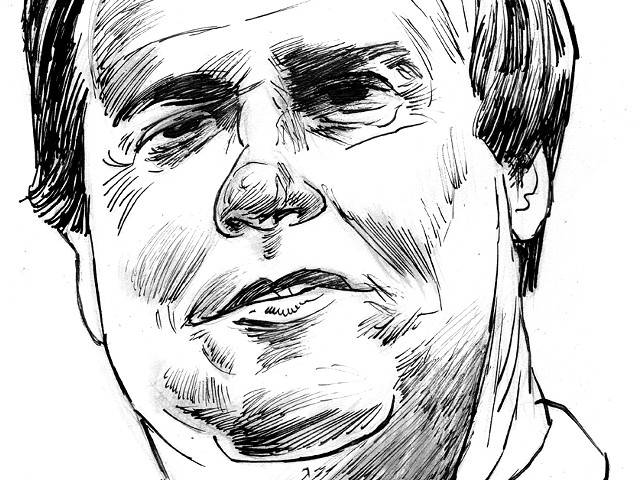More than 20 novels, not counting several of her earliest works that remain unpublished. A dozen books of poetry. More than 100 short stories, collected throughout multiple volumes. Seven essay collections. Thirteen books for children. Five volumes of translation, including the Tao Te Ching of Lao Tzu and selected poems by the Chilean Nobel Prize winner Gabriela Mistral. Oh, and a guide for writers.
Even stingily speaking, the career of author Ursula K. Le Guin — one of the 20th century's pioneering science fiction and young adult writers — was prolific. Arguably her most enduring work, The Left Hand of Darkness inspired legions of genre writers, including contemporary savants such as Neil Gaiman, J.K. Rowling, John Scalzi, and the widely acclaimed Margaret Atwood, author of The Handmaid's Tale. Some critics argue that no single work did more to upend the genre's seemingly predictable conventions than that of the Nebula and Hugo Award-winning novel, which imagined a world whose human inhabitants have no fixed gender; instead, their sexual roles are determined by context and express themselves only once a month. She would later refer to the story as a "thought experiment." "I eliminated gender to find out what was left," Le Guin told The Guardian in 2005. It remains one of speculative fiction's academic touchstones to this day.
The only daughter of two anthropologists, Ursula Kroeber was born the youngest of four children in Berkeley, California, in 1929. Her father studied Native American tribes based in California, while her mother, Theodora Kracaw Kroeber, gained prominence in the same field with her acclaimed book Ishi in Two Worlds, which chronicled the life and death of the state's "last wild Indian." Throughout her youth, with dinner-table talk of lost worlds never far out of earshot, Le Guin would use her family's deep understanding of the world as a jumping-off point as she immersed herself in mythology, classic fantasies, and the science fiction magazines of the day.
In 1951, she graduated from Radcliffe College, and then earned a master's degree in romance literature from Columbia University in 1952. From there, Le Guin was awarded a Fulbright fellowship to study in Paris. While aboard a steamer set for France, she met the historian Charles Le Guin, whom she married a few months later. Later in life, the two would settle down and start a family in Portland, Oregon, where they lived in a Victorian house on a steep street just below the city's Forest Park. As the Paris Review noted during an interview with Le Guin in 2013, perhaps appropriately for a science fiction author and much like the worlds she'd bend within her fiction's narratives, their home appeared "larger on the inside than it does from without."
On Jan. 23, 2018, with one last conflict within a story to resolve, Le Guin passed away peacefully at her home in Portland. Her family did not cite a cause other than poor health due to old age. Le Guin was 88 years old.
From "The people who died, 2018."
Next: Mark E. Smith, irascible frontman of the Fall.
Previous: Thomas Bopp, amateur astronomer and discoverer of Comet Hale-Bopp.





